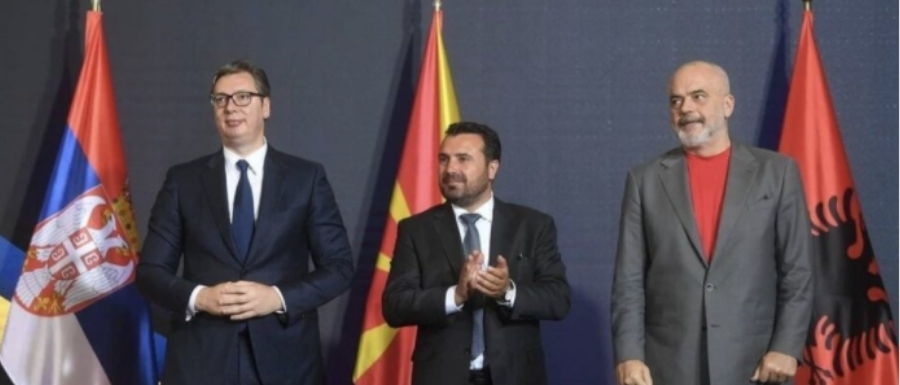Summer 2021 marked a great moment as far as regional cooperation in the Balkan Region concerns., especially in regard to “Open Balkan” initiative. Thus, Prime Ministers, Rama and Zaev – from Albania and North Macedonia respectively – and Serbian President Vučić agreed on abolishing border control among the three countries by 2023.
“Open Balkan”, this is the name of the regional cooperation initiative, is considered by Prime Minister Zaev as a key and fundamental action in order to develop both the economy and the everyday life of citizens living in this area. Zaev’s position is backed by the Albanian PM, who believed that “ all countries should be part of this process, because it is a benefit for them and their citizens”.
“Open Balkan” is intended to serve as a way to boost economic growth, foster free movement of people among the countries while supporting and promoting the tourist sector
Similarly, underlined the importance of having all countries involved in the process “because it is a benefit for them and their citizens”. From a general perspective, “Open Balkan” is intended to serve as a way to boost economic growth, foster free movement of people among the countries while supporting and promoting the tourist sector.
Finally, this initiative was firstly discussed already in 2019, when the three representatives of Serbia, Albania and North Macedonia met in Novi Sad, setting the base for the “Mini-Schengen” agreement. The latter took inspiration from the European “Schengen Agreement” – both as far as the name concerts, and – more importantly – in regard to the overall aim of this regional project.
***
This article has been written based on information found at the following link
